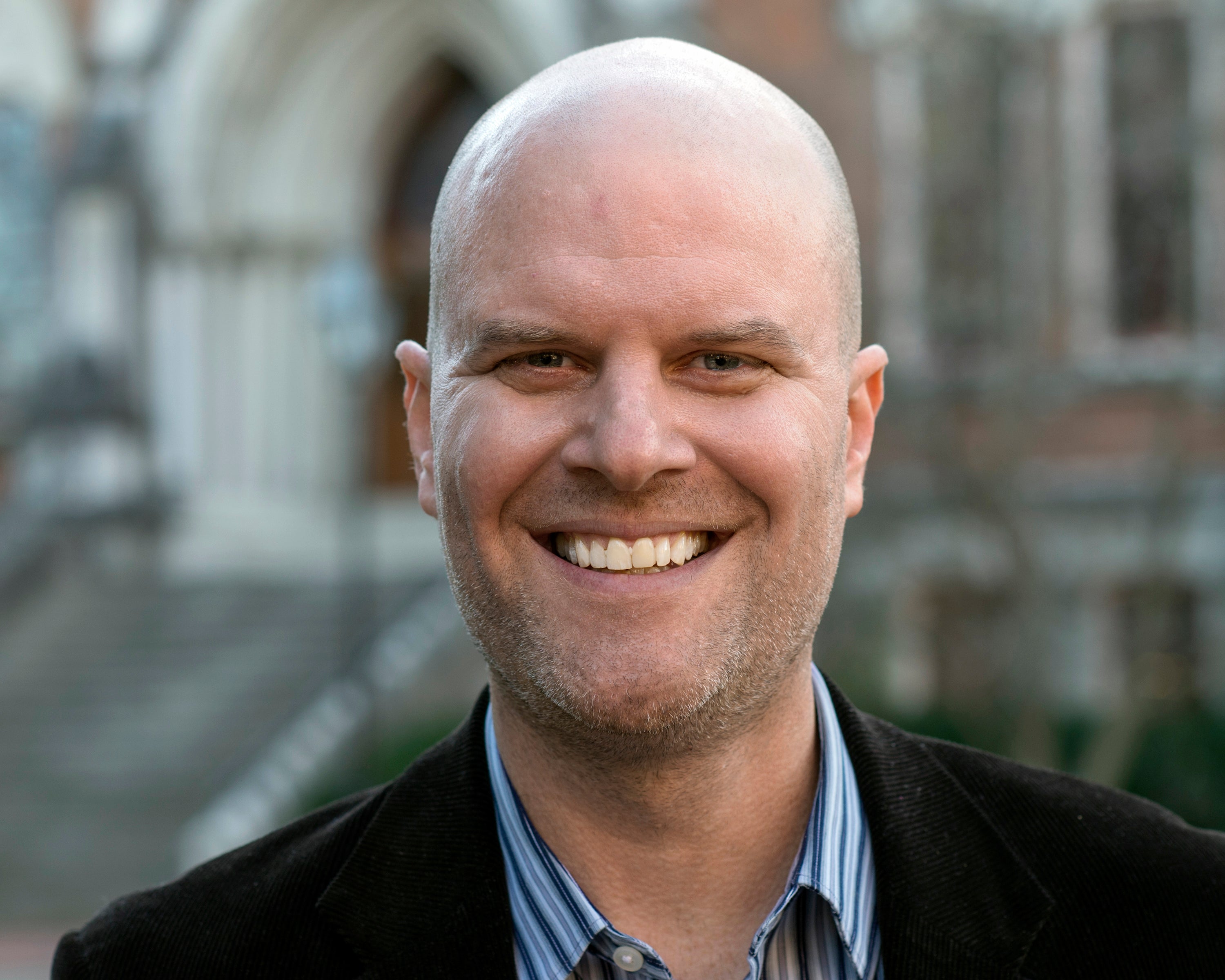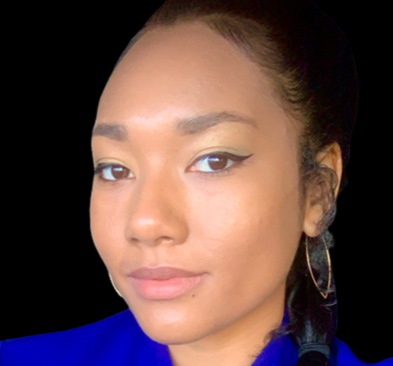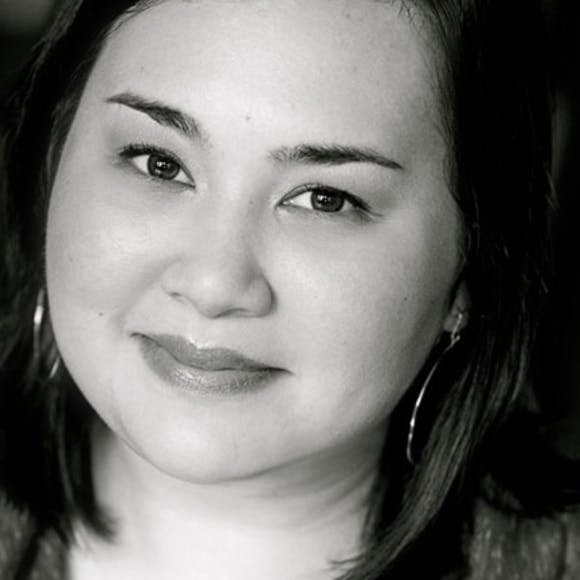Book: American Founders

Photo Courtesy of Christina Proenza-Coles
Author: Christina Proenza-Coles
Author Bio:
1. Why do you think the history that you are bringing back to the surface, tends to be often revised and hidden from the masses?
It’s difficult to reconcile the central paradox of American history—that we are a nation founded simultaneously on slavery and democracy. This paradox has required tons of repression, literal and figurative. Of course, there’s the timeless notion that history is written by the victors, meaning historical accountings flatter and justify the actions of those in power, those who are in the position to create the narratives. The imperial and national histories generated in the Americas post 1500, truly a new world based on the displacement and enslavement of individuals on an unprecedentedly massive scale, were not eager to highlight the levels of violence that it required.
In the ancient and medieval world where hierarchy was seen as natural and slavery was condoned by religions around the world as a legitimate fate for infidels or prisoners of war, you didn’t need to rationalize taking someone’s land or labor with ideas about race.
However, in the Americas, as enslaved individuals created sizable if not majority populations, the old logic that applied to non-Christians and foreigners could no longer rationalize enslaving people who were neither, in regimes that were unprecedentedly profitable and brutal. “Race” became the justification for this exploitation and for erasing those whose existence and resistance challenged the benign narratives of the triumphant rise of American republics.
In the U.S. you saw a very deliberate campaign to control the national narrative in the wake of the war for slavery known as the Civil War. The Lost Cause contingency took propaganda to expunge and misrepresent slavery and African Americans to the next level. So then you had a situation where even outside of the circles of deliberate propagandists like the Dunning School that created a generation of professional historians or the Daughters of the Confederacy who policed the content of history textbooks, there might have been people who weren’t necessarily consciously invested in the propaganda who kept reproducing it because it had become the dominant narrative, the only narrative. There are, obviously, many exceptions and much more complexity to this broad characterization, but the short answer is that some of the revision and erasure was deliberate and politically motivated and some of it just became habit, conventional wisdom based on flawed assumptions.
2. From all your research, what is still the most mind boggling piece of history you have discovered about America’s origins?
I think the fact that Americans enslaved and were enslaved by their own family members is the most mind boggling and consequential fact of United States history, one that we as a nation have yet to come to terms with. These days it’s irrefutable and much more widely known that Martha Jefferson owned her own half-sister, Sally Hemings, and that Thomas Jefferson fathered six enslaved children with her. That’s not just a founding metaphor, it was a founding practice that ran throughout American families and throughout American history – a practice which fostered a very particular pathology of whiteness.
This pathology was exemplified in the 20th century by Strom Thurmond who made a political career out of denigrating Americans of African descent and fighting integration while privately carrying the hidden truth of the existence of his Black daughter, Essie Mae Washington-Williams.
3. One of the most surprising facts you make mention of in your book was that Christopher Columbus had an African captain and African crew members on his initial voyages to America. How is it even with this much connectivity that history still tries to erase Africans from America’s founding history?
I honestly don’t understand how so many of us fail to see the connectivity. I think some of us are so deeply conditioned to imagine ourselves in certain ways that we can become fact resistant. I will say that some of the evidence in the Columbus story is strong but speculative, the pilot of the Santa María, Pedro Alonso Niño, was nicknamed “El Negro” while a free born servant who assisted Columbus was named Juan Prieto – and “prieto,” like “negro,” was an emerging racial term associated with African ancestry.
While ideas about racial identity have always been fluid rather than fixed, these monikers, along with the fact that free people of African descent were very active in Iberian port cities during this period, are suggestive but not conclusive. However, when I came across the 2009 articles in the Washington Post and Scientific American Reporting on a study where isotopes found in tooth enamel taken from the remains of a settlement made by a 1493 Columbus expedition (La Isabela in the Dominican Republic) revealed that at least seven individuals were from West Africa, I couldn’t believe it wasn’t a bigger story.
Why didn’t we update textbooks to acknowledge the fact that the first New World settlers were European AND African? Apart from the excavation at La Isabela, there are mountains of documentary evidence showing that Africans and their descendants were essential to the founding and development of the Americas.
I wish more textbooks recognized that Africans preceded the English in the New World by a century and that before 1820, three times as many Africans arrived in the Americas as Europeans. And while not all Africans arrived in the New World as slaves and free people of color developed significant populations throughout the Americas, up until about the middle of the nineteenth century, most Americans arrived in the New World slaves.
4. Because of this erasing of Africans from America’s founding, some African Americans don’t feel connected to the "American Dream” or American Nationalism. Was it your goal at all, to reconnect that void?
Erasing Africans and their descendants from America’s founding not only disconnects African Americans from their history, it severs all Americans, especially white Americans, from their history as well. American history and African Americans are inextricable, there is no American history that is separate from African American history.
In my view, we Americans (regardless of ancestry) are all the descendants of slaves and slave owners, both literally and figuratively because this dynamic has shaped every aspect of our contemporary landscape, politically, economically, demographically, and culturally.
American Founders celebrates the ways in which men and women of African descent encouraged the nation to live up to its founding ideals and championed notions of citizenship that granted rights and protections to all Americans. The history recounted in American Founders is American history. While it centers on crucial contributions made by African Americans, this history pertains to all Americans.
5. Your book is an extremely timely read especially with the civil unrest following the killings of Breonna Taylor and George Floyd just this summer. In your opinion, what do you think America owes African Americans for their contributions to the makings of America?
We need to understand that we are a nation built on enslavement and its violent afterlife and that we are all connected in this history. In downtown Charleston, you can still see the handprints of enslaved children in the bricks they were forced to assemble.
After slavery, white supremacy developed into a fanatical cult with violent rituals and creeds, a deformed quasi-religion which practiced human sacrifice. In my view, everyone needs to learn and learn how to reckon with this history. If you are talking about justice, I would turn to experts who have studied truth and reconciliation endeavors to address mass scale human rights violations, like those first implemented in postwar Germany and South Africa and subsequently throughout the world.
If you are talking about reparations, I would turn to experts like William A. Darity and Anne C. Bailey. I believe that we must divest from institutional practices that criminalize, harm, and repress and instead commit politically to educational, environmental, immigration, workplace, and health care initiatives that are generative.
The New York Times recently reported on several studies showing that while racism most adversely affects the individuals it targets—systematic racism in fact impoverishes the entire U.S. economy and negatively affects American scientific innovation and economic productivity at large.
6. To piggyback on that question, Martin Luther King’s 1967 book “Where Do We Go From Here? Chaos or Community”, asked a phenomenal question: where do you see America heading in 2021 and beyond in terms of race relations?
Whiteness is the problem of the 21st century. I’m paraphrasing Dr. W. E. B. DuBois who first wrote about whiteness as a “social and psychological wage” in his 1935 study, Black Reconstruction in America (which Du Bois wrote to counter the propaganda coming out of the Dunning School and remains one of the best U.S. histories ever produced).
As James Baldwin put it in 1962, white people are trapped in a history that they don’t understand, and until they understand it, they can’t be released from it. There have always been white people who understood this.
However, these days, from my vantage point, despite—and in fact because of—the rise and reprise of white nationalism on one extreme and the shortcomings of the politics of wokeness, fragility, atonement, etc. on the other, there are more and more white Americans who consciously recognize the violence and depravity required to maintain white supremacy.
7. If you were designated the 'Head of Schooling' in America, what strategies or systems would you implement so that future generations are taught accurate accounts of American history?
As I say in American Founders, multiculturalism is not politically correct, it’s historically accurate. I think there is a lot of really good history out there and a lot of excellent educators who do a fantastic job of teaching a more accurate, complex, and inclusive American history. We would do well to implement their approaches as widely as possible.
It’s hard when you are talking about very young children because you don’t want to reinforce the flawed assumptions of racism by repeating them or to immerse little kids in the disturbing violence of the past.
But I think you can offer a more faithful and inclusive accounting of our national story that celebrates our interconnected past in the earliest grades and then work your way up to coming to terms with some of the more disturbing aspects of our shared history with older students. I wrote American Founders specifically with high school and college students in mind.
8. Overall, what do you hope readers take away from your book?
I hope American Founders will encourage readers to re-examine what it means to be American. Many of us have been conditioned to think of Americans in binary terms: black or white, slave or free, North or South, Anglo or Latin, us or them; but as it turns out we are, and always have been, completely intertwined. I hope we Americans might contemplate what we mean when we say “we” and “Americans” and recognize that we all share an interconnected history with Afro-descended, pan-American roots.
9. What was your writing process like for this book?
It was a decade long process that required years of revision. The core of the writing involved synthesizing lots of scholarship and figuring out how to incorporate a vast number of people into a single volume without sounding like an encyclopedia. The idea for the book began when I was a professor of the African Diaspora and the Atlantic World at Virginia State University.
Every semester, as I prepared to teach courses on World History, U.S. History, Latin American History, and Atlantic World history, I continually came across the stories of Black men and women who had done extraordinary things in American history—fought in revolutions, fostered independence movements, founded schools and businesses, innovated technology and medicine, risked and sacrificed their lives for freedom.
Cumulatively these men and women fundamentally changed how I understood American history and the rise of democracy in particular. I really enjoyed tracing their stories, however, the number of individuals was massive and tying them together into a larger narrative was far and away the most difficult challenge.
10. What’s the best book you have read so far this year?
Vanguard: How Black Women Broke Barriers, Won the Vote, and Insisted on Equality for All by Martha S. Jones (Basic Books, 2020). Dr. Jones has produced a book that not only sheds light on a vitally important part of our shared history that is extremely resonant in our contemporary political moment – her prose so engaging and lucid (despite the complexity and scope of the topic) it is an absolute pleasure to read.
11. What’s your best advice for getting over writer’s block?
I think the best way to deal with the blank page is to start talking (writing) to a single person, not an imaginary audience, but an actual person. It could be a friend who made a remark that stuck with me or a student who posed a tough question, but I find I’m less pedantic and more prolific when I’m trying to communicate something directly to an individual.
It’s like having an assignment rather than an open-ended project. It’s also why I am always so grateful when someone agrees to read my work – I write more and more easily knowing there is a particular reader on the other end. My mantra when everything fails is, take a walk.
12. What’s the best advice you have ever received on happiness?
For me the best description of happiness, and prescription for it, came from a neurobiologist who says happiness comes not from acquisition or achievement but from engagement – with people, ideas, nature, art, music, movement, etc. – it’s the engagement, that feeling when you lose track of time because you’re connecting with something greater than yourself, that produces real contentment.
13. Do you plan on writing more books in the future?
Thanks to the work of Du Bois and Baldwin mentioned above, along with that of scholars like Cheryl Harris, David Roediger, and Toni Morrison, I became very interested in whiteness in graduate school. Thanks to the work of scholars like Jane Landers, Robin Blackburn, and Franklin Knight, I became interested in how whiteness manifested differently outside of the United States.
My 2003 dissertation was a comparison of how whiteness, as a legal category and social convention, developed differently in colonial Virginia and colonial Cuba (focusing on the classification of mixed-race children, labor formation, and marriage laws) and how those differences shaped distinctive racial logics in the national period. The dissertation itself is pretty dry (and embarrassingly jargon heavy), but the core premise remains relevant.
I am currently working on a new manuscript based on these old ideas titled Imagining Communities in Black and White: A History of Whiteness in the New World.
Places To Find More From This Author:
Instagram: @proenzacoles
Twitter: @ProenzaColes
Facebook: Christina Proenza-Coles
Website: americanfoundersbook.com
Get Your Copy of American Founders Today!







